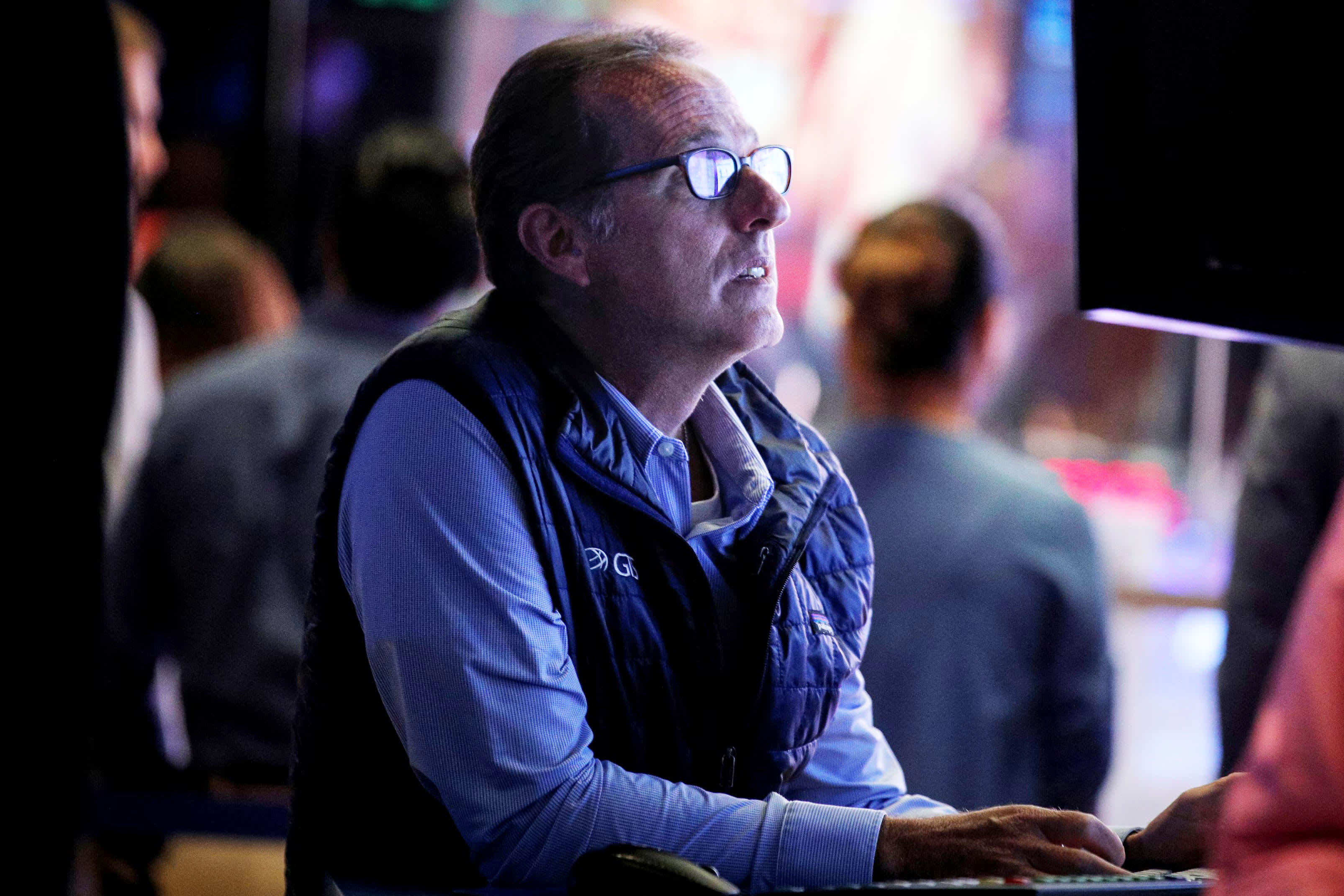
Diminishing economic returns could mean diminishing stock market returns as the U.S. transitions to a post-pandemic economy.
Wall Street increasingly is talking about peak growth in both the economy and corporate earnings as a stimulus-fueled recovery gives way to more normalized patterns.
Congress and the Federal Reserve have provided trillions in funding and liquidity measures that soon either will dry up or at least begin evaporating, leaving investors to ponder what lies ahead with their portfolios.
The market will have to handle what is likely to be a lasting bout with inflation at a time when the drivers for growth are uncertain.
"It's a world that we haven't had to deal with in 40-plus years, and I don't think you can just take out your regular playbook from the last couple of decades," said Peter Boockvar, chief investment officer at Bleakley Advisory Group. "Valuations of pretty much everything are extraordinarily high, which means there's no room for error."
Boockvar spoke of an environment in which inflation will be higher as growth moves lower, a cycle known as "stagflation," something the U.S. wrestled with for years from the mid-1970s to early '80s. Practically no one thinks the current conditions will morph into something that bad, but there are similarities.
Inflation is running at 30-year highs, according to the Fed's preferred gauge, while growth lately has been solid but a bit disappointing. Second-quarter GDP rose at a 6.5% annualized pace, but that was well below the 8.4% Wall Street estimate. Manufacturing data released Monday showed the sector still expanding, but at a lower-than-expected rate.
The factors are combining in "the classic recipe for a growth scare," wrote Nick Colas, co-founder of DataTrek Research.
Looking at Apple Mobility and Google data that examines how people are getting around, Colas found that they are providing "a worrisome combination" though it's too early to tell how things will shape out in the long run.
Still, he warned that investors high on the second quarter's record-breaking pace of corporate earnings beats may find trouble ahead.
"Excellent Q2 earnings have allowed us to shake off that [growth scare] narrative every time it's come up in recent weeks," Colas said. "Now that the bulk of earnings season has passed, however, and seasonal volatility trends assert themselves we may see the growth scare narrative break through more convincingly."
The trouble with optimism
The factors of higher inflation, slowing growth and waning stimulus occur amid high levels of investor sentiment as the major stock market averages hover around record highs.
In fact, that brimming optimism is flashing warning signs, according to Bank of America.
The firm's gauge of investor sentiment that measures Wall Street portfolio allocations to stocks is the closest it's been to a "sell" signal since May 2007, shortly before the market was about to hit record highs that soon would come tumbling down during the financial crisis.
"We have found Wall Street's bullishness on stocks to be a reliable contrarian indicator," Savita Subramanian, head of U.S. equity and quantitative strategy at Bank of America, said in a note to clients. Higher allocations to stocks eventually end up pointing to a decline ahead, the gauge has shown.
Subramanian said the indicator's current level is pointing to price returns in the next 12 months of just 7% compared with the average forecast of 13% since the financial crisis ended in 2009.
To be sure, a slowing economy doesn't mean negative returns, and the current conditions may be pointing at nothing more than a cooling off for a market that has been on fire since rocketing to its pandemic low in late March 2020. After all, even though fiscal stimulus is slowing, the Fed remains committed to keeping its policy ultra-loose until it sees much more progress on employment.
"With the recovery still underway, investors shouldn't be frightened by headlines declaring slowed momentum," said Seema Shah, chief strategist at Principal Global Investors. "Once markets have digested the transition to a more sustainable pace of expansion, decelerating growth is usually associated with weaker, but still positive, equity returns."
In fact, the past two peaks in earnings cycles have led to double-digit market gains over one-, three- and five-year periods, said Jason Pride, chief investment officer of private wealth at Glenmede.
"Rather than obsessing over near-term growth peaks, investors would be wise to see the bigger picture," Pride said in his weekly market note.
Still, signs that growth is abating are worrisome.
The bond market in particular is pointing to a substantial slowdown ahead, with the 10-year Treasury note yielding just 1.18% Monday afternoon. The benchmark yield below 1.25% is the bond market "signaling not all is well economically," wrote Christopher Harvey, senior equity analyst at Wells Fargo.
Boockvar, the Bleakley investment chief, said the current economic environment could cause problems for a market that has relied on investors willing to pay consistently at higher valuation multiples.
"One of the characteristics of the equity market in the 1970s was one of multiple compression," he said. "A lot had to with the sharp rise in interest rate. But it becomes a more challenging environment with a bout of stagflation, even if it's stagflation-lite."
Become a smarter investor with CNBC Pro.
Get stock picks, analyst calls, exclusive interviews and access to CNBC TV.
Sign up to start a free trial today.
As the economy hits its peak, stock market gains could be harder to come by - CNBC
Read More
No comments:
Post a Comment